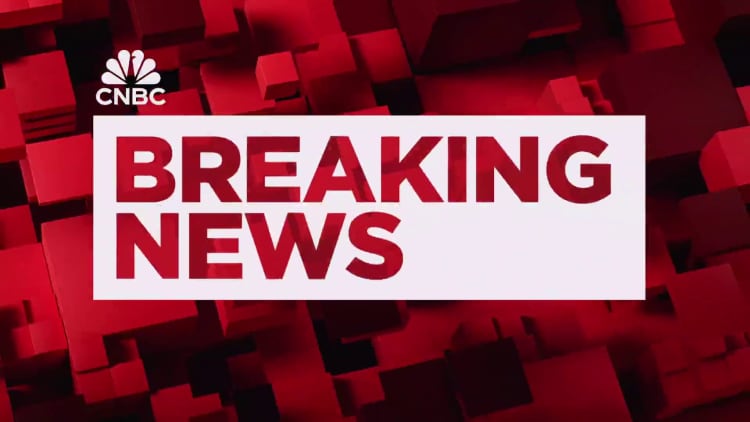Inflation rose in line with expectations in February, likely keeping the Federal Reserve on hold before it can start considering interest rate cuts, according to a measure the central bank considers its more important barometer.
The personal consumption expenditures price index excluding food and energy increased 2.8% on a 12-month basis and was up 0.3% from a month ago, the Commerce Department reported Friday. Both numbers matched the Dow Jones estimates.
Including volatile food and energy costs, the headline PCE reading showed a 0.3% increase for the month and 2.5% at the 12-month rate, compared to estimates for 0.4% and 2.5%.
Both the stock and bond markets were closed in observance of the Good Friday holiday.
While the Fed looks at both measures when making policy, it considers core to be a better gauge of long-term inflation pressures. The Fed targets 2% annual inflation; core PCE inflation hasn’t been below that level in three years.
“Nothing really super surprising. Obviously not the numbers the Fed wants to see, but I don’t think this is going to catch anybody off guard when they come back to work on Monday,” Victoria Greene, chief investment officer at G Squared Private Wealth, told CNBC. “I think everybody is going to pivot to labor pretty quickly and say well maybe if we see some weakness and cracks over here, this little stickiness in inflation and PCE isn’t going to matter as much.”
Rising energy costs helped push up the headline reading, with a 2.3% increase. The food index edged up 0.1%. Inflation pressures came more from the goods side, which rose 0.5%, compared to the 0.3% increase for services. That countered the trend over the past year, during which services rose 3.8% while goods actually fell by 0.2%.
Other upward pressure came from international travel services, air transportation, and financial services and insurance. On the goods side, the motor vehicles and parts category was the biggest contributor.
Along with the inflation increase, consumer spending shot up 0.8% on the month, well ahead of the 0.5% estimate, possibly indicating additional inflation pressures. Personal income increased 0.3%, slightly softer than the 0.4% estimate.
The release comes a little more than a week after the central bank again held its benchmark short-term borrowing rate steady and indicated it still has not seen enough progress on inflation to consider cutting. In their quarterly update of rate projections, members of the Federal Open Market Committee again pointed to three quarter-percentage point cuts this year and in 2025.
Markets expect the Fed to remain on hold again when it releases its decision on May 1, then begin cutting at the June 11-12 meeting. Market pricing is in line with FOMC projections for three cuts, according to the CME Group’s FedWatch measure of futures market action.

 Accounting1 week ago
Accounting1 week ago
 Economics1 week ago
Economics1 week ago
 Personal Finance1 week ago
Personal Finance1 week ago
 Accounting1 week ago
Accounting1 week ago
 Finance1 week ago
Finance1 week ago
 Economics1 week ago
Economics1 week ago
 Economics1 week ago
Economics1 week ago
 Economics1 week ago
Economics1 week ago























